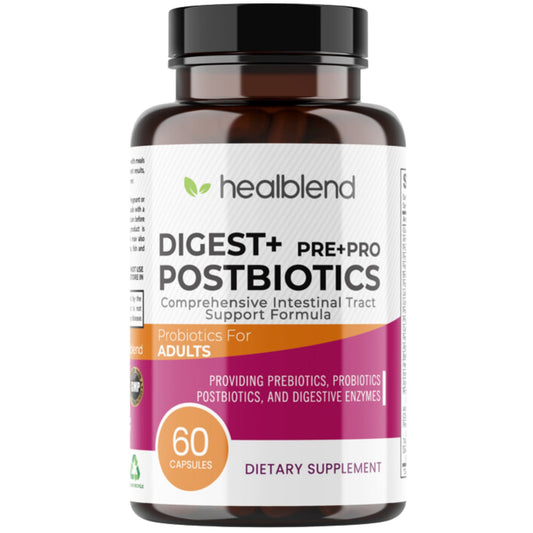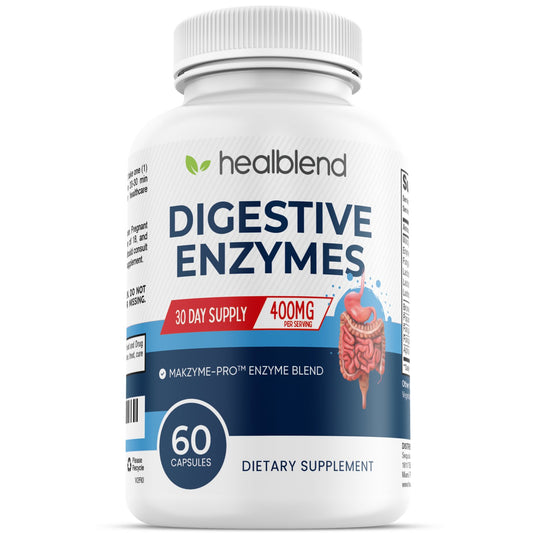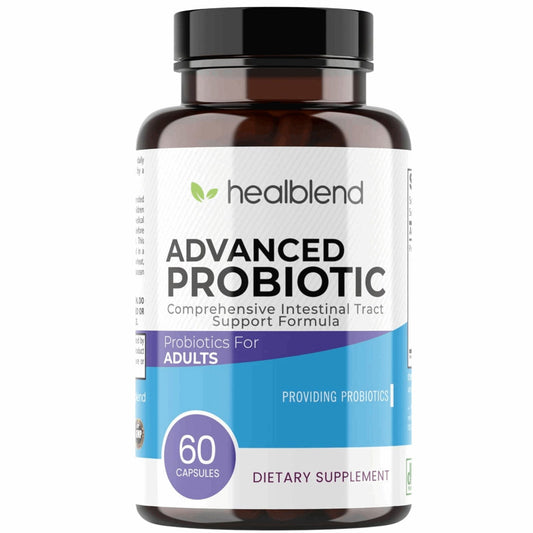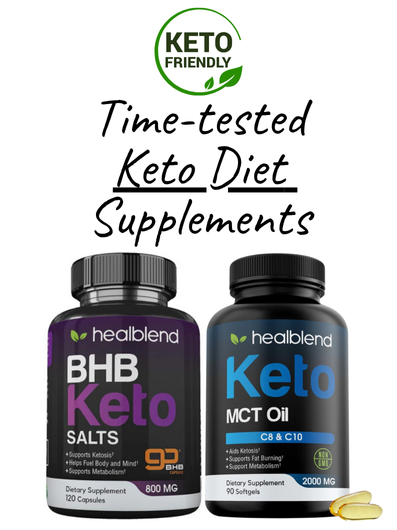4 products
View:
-
Digest Pre-Pro-Postbiotics 3 in 1
Regular price From $19.95Regular price $28.90 Sale price From $19.95Unit price per -
Digestive Health Enzyme Blend
Regular price From $16.95Regular price $27.90 Sale price From $16.95Unit price per -
Advanced Probiotics Caps
Regular price From $17.95Regular price $28.90 Sale price From $17.95Unit price per -
Probiotics Caps Dietary Supplement
Regular price From $17.95Regular price $24.90 Sale price From $17.95Unit price per





